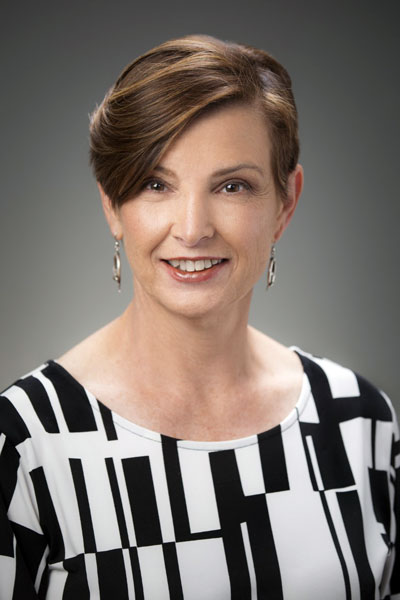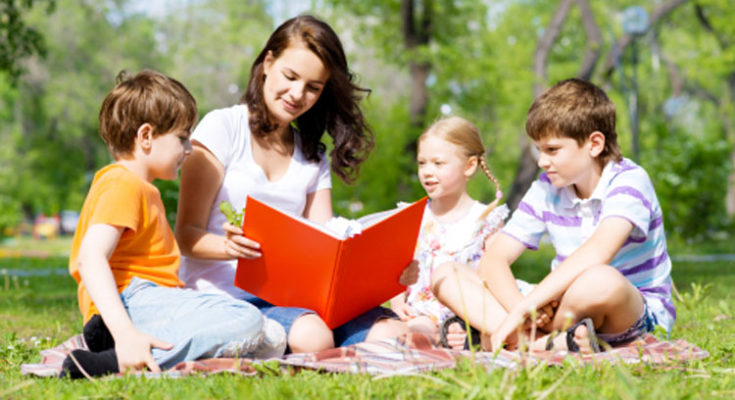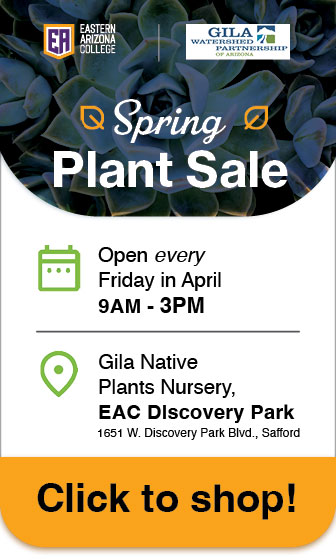Column By Melissa Martin

How do you calm frazzled nerves? While some plug into tunes and others sit down with a cup of herbal tea, others are reading for pleasure. And reading for fun is for children as well as adults.
During 5th grade at a small country school, I became excited whenever the Bookmobile arrived. We stood in line outside and waited for our turn. So Exciting!
I remember my 6th-grade teacher reading the fictional book Charlotte’s Web (a children’s novel by E.B. White) out loud to the class. When she pulled out this book the entire class relaxed and paid attention. As the touching tale unfolded, I listened to each word and imagined what Charlotte the spider, Wilbur the pig, and the barnyard animals looked like.
In high school, I discovered the Harlequin Romance paperback novels. However, as an adult, I realized the stories depicted powerful men and submissive women. Or scrappy females that fell in love with prominent males. Ladies, please step away from cheesy romance novels.
What exactly is pleasure reading? “Pleasure reading can be defined as reading that is freely chosen or that readers freely and enthusiastically continue after it is assigned,” according to a 2017 online article from Edutopia. www.edutopia.org/article/benefits-reading-pleasure.
The National Library Trust (UK) defines reading for pleasure, also referred to as independent, leisure or recreational reading, as “Reading we do of our own free will, anticipating the satisfaction we will get from the act of reading.”
A 2009 study at the University of Sussex (UK) found that even six minutes of reading slowed down heart rate and eased muscle tension. The results indicated that pleasure reading decreased stress by 68 percent. Shazam!
“The research finds that reading for pleasure can result in increased empathy, improved relationships with others, reductions in the symptoms of depression and dementia, and improved wellbeing…In addition to the health benefits, reading for pleasure has social benefits and can improve our sense of connectedness to the wider community. Reading increases our understanding of our own identity, improves empathy and gives us insight into the worldview of others.” www.readingagency.org.uk/.
Reading for pleasure can include both fiction and nonfiction books. What is your passion? Read about it! And relax.
“We live storied lives. We organize experience into stories as we share life interactively with others. The plot, action, characters, and morals of the stories we hear influence our synaptic connections; they change our brains,” writes Lewis Mehl-Madrona, MD in his book, Healing the Mind through the Power of Story.
Every person is a story and has a story; narratives composed of happenings and memories in seconds, minutes, hours, weeks, months, years. Moments that blend in and moments that stand out. What happens between birth and death is my unique story and yours as well. Perhaps that why people read nonfiction stories—because humans are living stories and we want to connect to others.
Because of all the hype, I read the page-turning fictional novel (psychological thriller), The Girl on the Train, by Paula Hawkins. And I was disappointed. Maybe the movie is better.
Teen readers can’t get enough of trilogies that keep them on the edges of their seats, waiting for the next novel in the series: Harry Potter, The Lord of the Rings, Hunger Games.
To parent’s chagrin, younger kids love Captain Underpants, a children’s novel series by American author Dav Pilkey. It is ridiculously funny!
Fantasy/Science Fiction. From talking dogs to imaginary underground worlds, fantasy books contain elements that are not possible in real life.
Historical Fiction. Well written historical fiction helps past events come alive for children.
Biography. Biographies have a way of inspiring kids. The best ones introduce famous presidents, inventors, educators, and scientists in a way that helps kids identify with the person.
Informational Books. Kids ask many questions, and reference books help them find the answers. When choosing reference books for your child, make sure they were recently written and seem to contain accurate information.
Poetry. Several children’s poets have collections that will make your child howl with laughter.
So, head on out to your local public library or bookstore and choose a book to read for pleasure. And reduce your stress!
Melissa Martin, Ph.D., is an author, columnist, educator, and therapist. She lives in Southern Ohio. www.melissamartinchildrensauthor.com.









